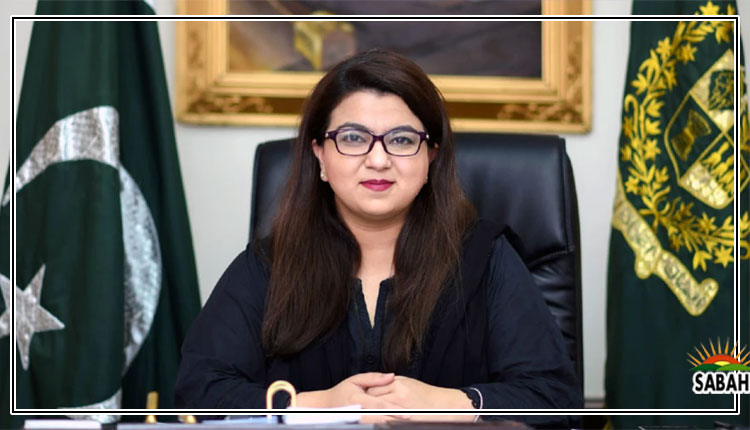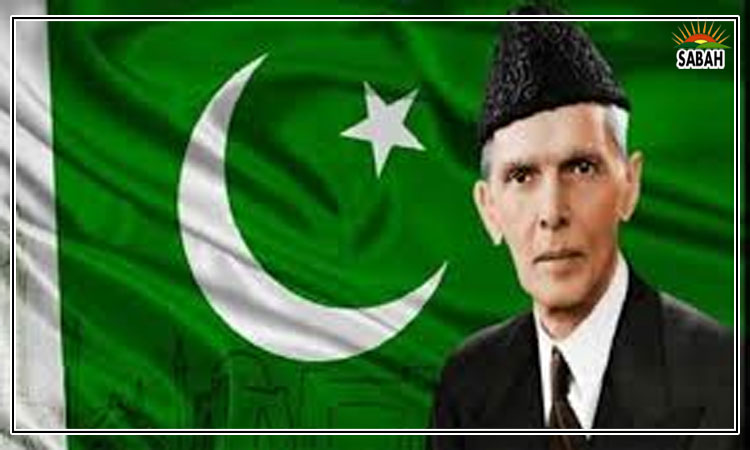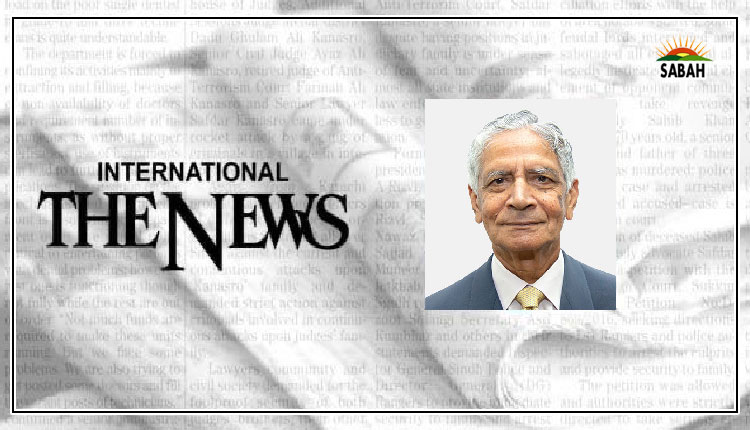How nations succeed۔۔۔ Touqir Hussain
Many of us write articles from time to time suggesting that Pakistan learn from other countries how they achieved their miraculous success. China, South Korea, Malaysia and Singapore are the most cited examples.
The reality is that it is neither necessary nor possible, or even desirable, to follow any other national example mechanically. Countries have their own models of development based on their historical experience, national vision, value system, identity issues, social structure, and security challenges.
Women hold placards in protest. AFP/File
Women hold placards in protest. AFP/File
And their own strengths and weaknesses including, among others, population, resources, geopolitics, and economic potential, that assist or resist their efforts to progress.
There are thus diverse paradigms of success achieved through different political systems that are hard to replicate given the unique context that hosts them. Yet there are certain minimal universalized criteria or means of success across political systems and ideologies that can serve as a guide to aspiring nations. Which examples will be most relevant? There are advanced democracies, found largely in the West or in Western-oriented systems like in Japan, Australia and New Zealand. And there are growing democracies, and semi authoritarian and authoritarian systems, found mostly in the non-Western world.
Only examples from amongst the non-Western world, especially of countries that had suffered Western colonialism, imperialism or domination, will be relevant for Pakistans purposes. Most of these countries started their journey of development while facing varying degrees of state- and nation-building challenges that could only be addressed by strong action. Such action could successfully have been taken only by a strong leader.
In a non-democratic system, a strong leader would be someone who derived his/her legitimacy and support from a performance-based authoritarianism, based on some ideology, honed as part of a nationalist struggle, revolution or civil conflict. And in a supposedly democratic system it would be someone who was elected with overwhelming public support in a country that enjoyed national consensus on where it was headed, had no rival organizing ideas or ideologies, and no competing centers of power.
Examples of both these models are very few because of the uniqueness of their circumstances and historical experience. China is the leading example of the first model. And Nehrus India came close to the latter example. But after Nehru the story of Indias democracy and its contribution to national development has been inconsistent. Under Indian Prime Minister Modi, democracy has diminished but India has continued to rise — though unevenly. So in growing democracies it is hard to find a correlation between democracy and progress. Both models thus hold little relevance for Pakistan.
Focusing our attention only on Asia (excluding the oil-rich economies of the Middle East) we notice that most countries that succeeded have struggled with development and finally found the right path with a mix of political systems. Regardless of the diversity of their strategies, there are certain minimal universalized criteria or means of success across political systems and ideologies. They can help guide us.
First is the quality of self-discipline in a nation. Nations are like individuals. Only a life well planned with a sense of purpose and serious mindedness in pursuit of certain objectives, backed up by requisite qualifications and hard work, can succeed. An irresolute or conflicted personality lacking a sense of purpose and at war within will fail.
How do you define a successful nation? There are different definitions for different countries but here is what is common. Success for a nation means success both for itself and its people. That means a growing or prosperous economy, political stability and a sense of security, and a people who enjoy human security and are confident about their future.
Basically, a country needs to invest in its people so that they can invest in the country so that it serves them well. Equality of opportunity and recognition of merit were critical to achieving this mutually productive relationship. Education, healthcare, justice system, a job creating economy, and peace in the region are at the centre of this paradigm. Finally, good governance is central to a nations rise and affects as well as reflects other means of progress.
Singapore is the supreme example but is relevant. It shows us that economic development and political stability are co-dependent; both need a strong foundation of national unity and purpose and an inclusive and progressive organizing idea. On this foundation stands an edifice of educated and disciplined human resources and the uncompromising rule of law. Human resource development was most critical to superior levels of progress for which quality education that provided a platform for higher learning in science and technology was the key.
Only thirty years ago, Vietnam was one of the poorest in the world but has now become a middle-income country. With the help of necessary infrastructure and market-friendly policies, it has become a hub for foreign investment and manufacturing in Southeast Asia and is a key link in the global supply chain. The development strategies of Korea, Malaysia and Thailand tell a similar story. With political stability and continuity in economic policies they became a major pull for foreign investments. Their priority was not democracy but development.
The fact is that democracy evolves following economic development — not the other way around. And economic development follows human development not the other way round. Besides, no country has developed without tax payment culture, and by faring poorly on the UNDPs Human Development Index, Global Competitiveness Index, and Worldwide Governance Indicators: like the Rule of Law, Government Effectiveness, Political Stability and Absence of Violence.
Martin Raiser, the World Banks regional vice-president for South Asia, could not have been more blunt and truthful in his recent critique of Pakistan. He spoke of the countrys poor human development outcomes and increasing poverty, and underlined the necessity of addressing the acute human capital crisis. He highlighted the reforms needed to improve the business climate, taxation, competitive market conditions and the state-owned entities: It is now time for Pakistan to decide whether to maintain the patterns of the past or take difficult but crucial steps towards a brighter future.
The intelligentsia that is usually liberal and Western oriented is fixated on democracy as the silver bullet to solve the nations problems. But it does not realize that jumping into democratization without addressing state and nation-building challenges sharpens the fault lines and power imbalances and empowers the dominant social groups who go on to use political power to strengthen their social dominance and economic status. This is what has happened in Pakistan.
The security dominated and elite-led organizing idea of the country, blended with democracy, has created a three-way struggle for power among the army, feudal-business coalition, and religious right. Not to mention the inter-party power competition among political parties. This has set in motion a never-ending political struggle which has become a perfect enabling environment for political instability, entrenchment of status quo, and resistance to reforms. The people responsible for change are resistant to change and defenders of the status quo. Reforms will on the one hand diminish their elite privileges, and on the other make them unpopular in the short term. The fear of losing power and privileges prevents them from reforming.
This article is not an argument against democracy. Nor is this advice for us to try authoritarianism. If we have come this far, we have to move forward rather than go back. We have the potential to change. But we must remain aware that the creation of a true democracy is a revolutionary struggle. And it must begin with the realization that the democracy we have will not solve our problems regardless of who is in power. We cannot also bank on this democracy to become democracy by itself. Finally, we have to ask ourselves what good is this democracy if it has neither helped the nation become strong nor served peoples happiness.
Courtesy The News












